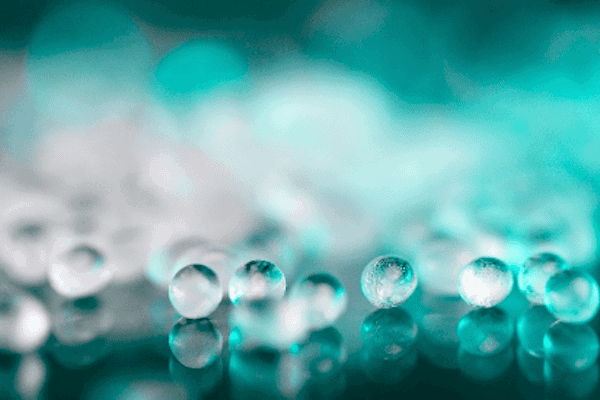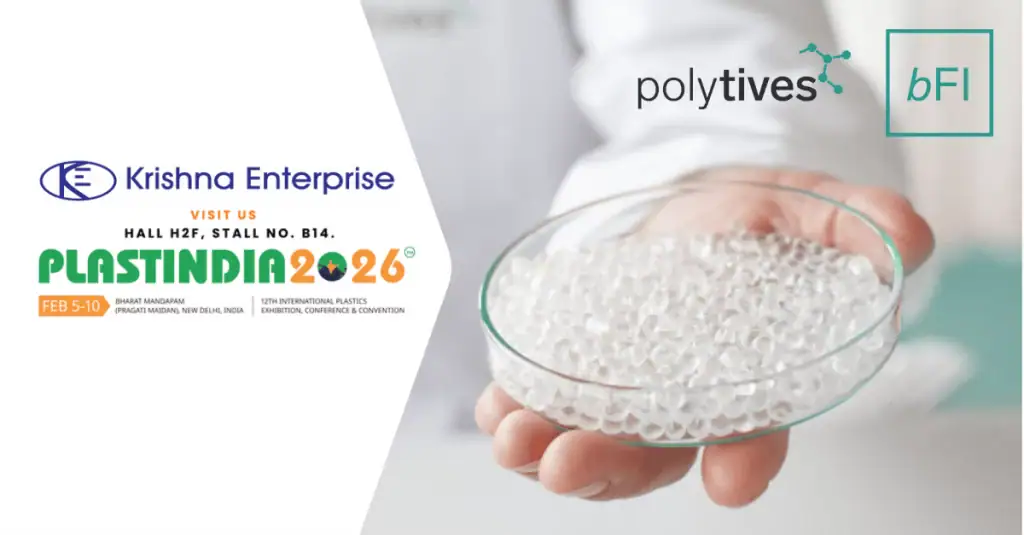
Trends in Plastics Processing: How Polymeric Additives from Polytives Open New Possibilities
The trends in plastics processing are shifting faster than ever. Energy efficiency, sustainability, and economic stability are becoming essential for companies navigating competitive markets and increasingly strict regulations. At the same time, material fluctuations and cost pressures create challenges for processors who aim to integrate recyclates, biobased compounds, and efficient production workflows.
This is where polymeric additives from Polytives come into play. They provide a technological solution that stabilizes processes, improves efficiency, and conserves resources—without compromising the mechanical properties of the base polymer.
Between Goals and Reality: Challenges in Modern Plastics Processing
The plastics industry faces multiple simultaneous pressures:
- rising energy costs
- stricter regulations
- increased global competition
- demand for more sustainable materials such as recyclates and biobased compounds
In practice, however, fluctuating raw material quality, narrow processing windows, and additional material costs make sustainable transformation difficult. Many companies find themselves caught between ambitious goals and economic constraints.
A Versatile Tool: Polymeric Additives That Match the Trends in Plastics Processing
Polytives’ polymeric additives stand out from conventional additive approaches. Since they are polymers themselves, they preserve the mechanical properties of the host material. They are also:
- compatible with a wide range of virgin and recycled plastics
- migration-stable and regulatory-safe
- suitable for diverse applications and processes
This combination of technical effectiveness and regulatory clarity aligns seamlessly with current trends in plastics processing: producing more sustainably, safely, and economically while maintaining high material quality.
Simplifying Processes and Reducing Costs
The core effect of Polytives additives is the significant reduction in melt viscosity. As a result:
- materials process more easily
- pressure and temperature requirements drop
- machine utilization improves
- cycle times decrease
- equipment experiences less stress
For processors, this means:
- lower energy consumption
- reduced downtime
- greater flexibility in machine selection
- direct cost savings
- an improved CO₂ footprint
These advantages directly reflect some of the most important trends in plastics processing today.
More Design Freedom Without Losing Material Performance
Lower processing temperatures expand the processing window considerably. This allows manufacturers to:
- gently incorporate temperature-sensitive additives
- process natural fibers and other biobased components more reliably
- use higher filler contents
- explore more flexible formulation and product designs
The result: improved design freedom and greater material versatility—key factors for sustainable innovation in plastics manufacturing.
A Closer Look at Recyclates: Additives as Enablers
Increasing the share of recyclates is one of the major trends in plastics processing—but also one of the most challenging. Variations in material quality and limited processability often hinder implementation.
Polymeric additives can help overcome these barriers by:
- stabilizing processing conditions
- compensating for raw material fluctuations
- enabling higher recyclate content
- improving overall material behavior—sometimes making processing possible in the first place
A recent example:
With rPET, in cooperation with Brac-Werke AG, polymeric additives improved processability significantly—even without perfect material purity—helping companies integrate more recycled content into their products.
Polymeric Additives as Pioneers for Future Materials
Polytives sees polymeric additives as a platform technology, not a short-term fix. They can be customized for a variety of materials and manufacturing processes, offering:
- higher production flexibility
- reduced dependence on fluctuating raw material quality
- stable mechanical performance under demanding conditions
- long-term viability for sustainable product development
Within the TecPart e.V. network and through cooperation across the industry, Polytives is actively driving innovation toward more efficient and sustainable plastics processing.
Polytives’ commercially available processing aids have already proven their capabilities in numerous projects—and are ready to support future developments as companies move toward smarter, greener, and more adaptable manufacturing.


Recent Comments